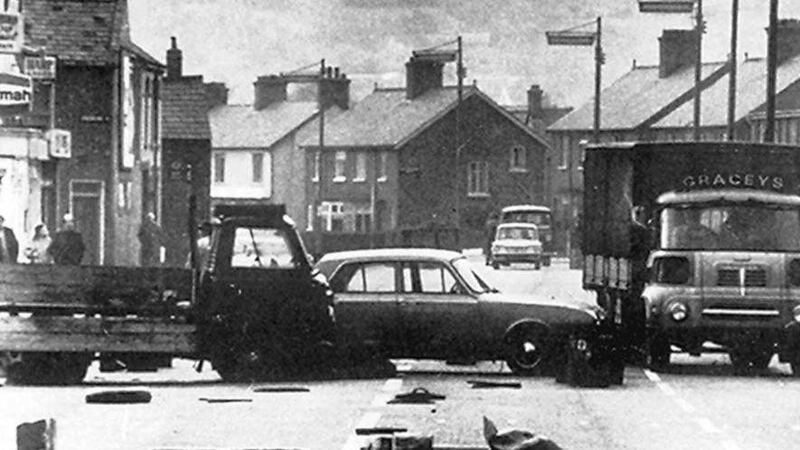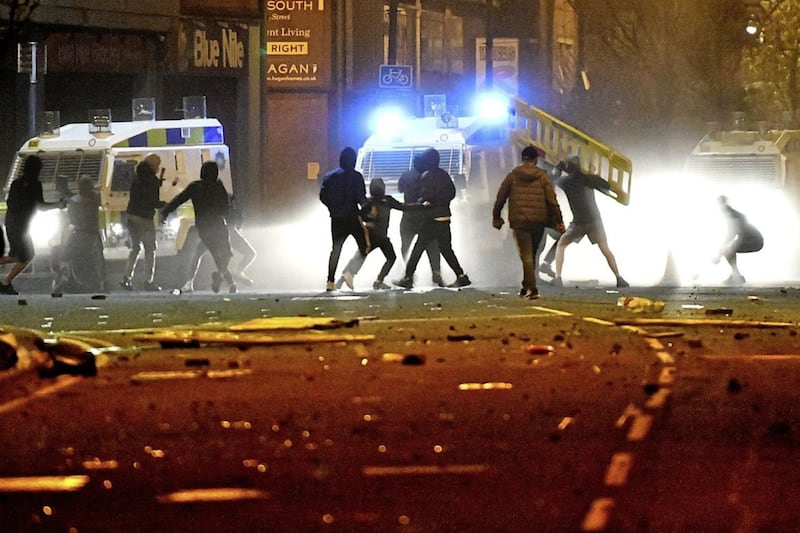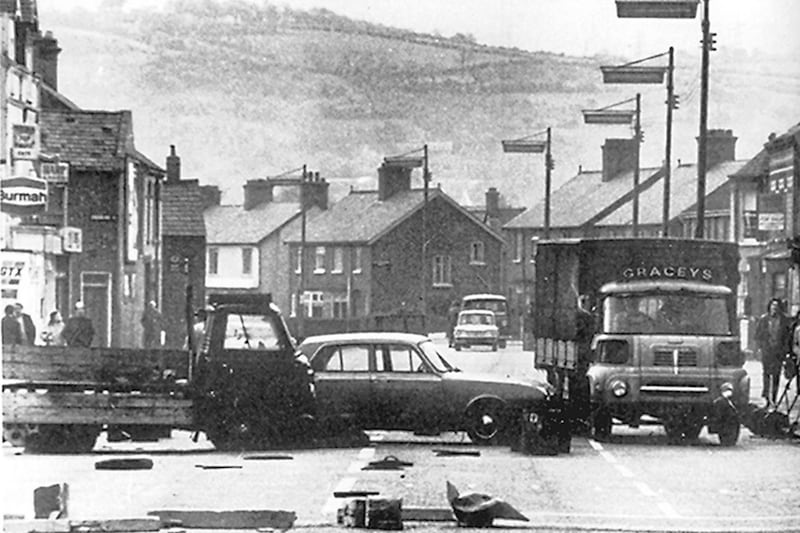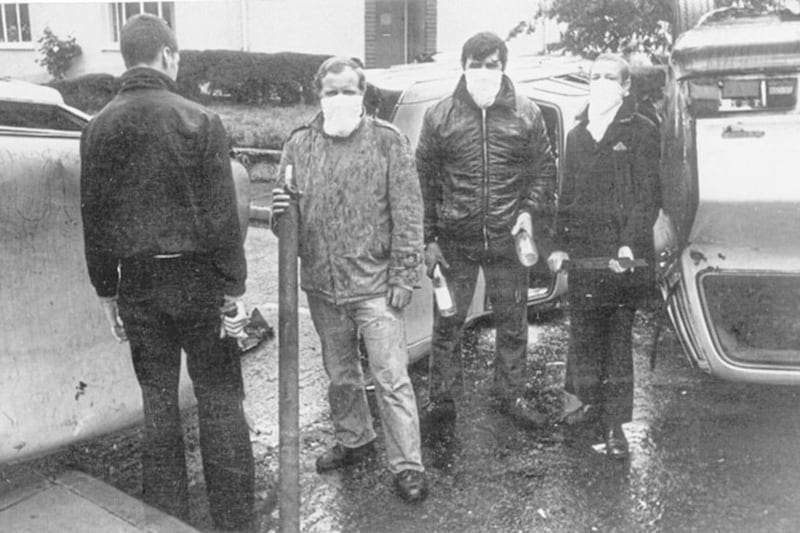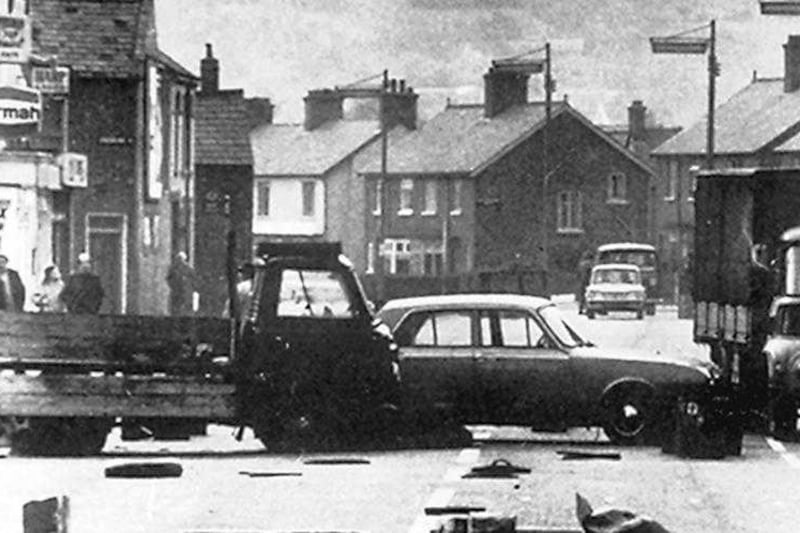"TO the outside world we are seen as a race of people who think negatively on most issues and during 1986 I sincerely hope we change that image."
This was the message in a high-level report on the Northern Ireland economy in January 1987, just over a year after the Anglo-Irish Agreement.
In his report for the Stormont Department of Economic Development, economist Noel Stewart said he wrote in "a more volatile time in our community" than in recent years of violence.
In his view the combination of terrorism and "the tremendous instability that now exists on the political front... must inevitably damage whatever immediate investment might be on the horizon".
"It is my opinion", he informed officials, "that no country can survive both terrorism and political instability".
Reviewing the early years of the Troubles, Stewart felt that the Northern Ireland economy might have survived the worst effects of the 1974 oil crisis "but the UWC strike [which toppled the 1974 power-sharing executive] not only added political instability but also helped to erode the tremendous confidence that the large multinationals had previously demonstrated in NI".
Thereafter, he wrote, "industrialists were unable to convince their shareholders to continue to invest in a region that displayed both terrorism and political instability".
As a result, by 1981 – the year of the Hunger Strike – there was a steady withdrawal of British industry.
The economist concluded that no society could rely indefinitely on public expenditure to the extent that Northern Ireland did.
"It is not healthy that public expenditure represents 75 per cent of the Gross Domestic Product and 45 per cent of these workers had relatively secure jobs within the public sector."
Calling for cross-party talks on devolution, Stewart warned officials: "Time is running out."
